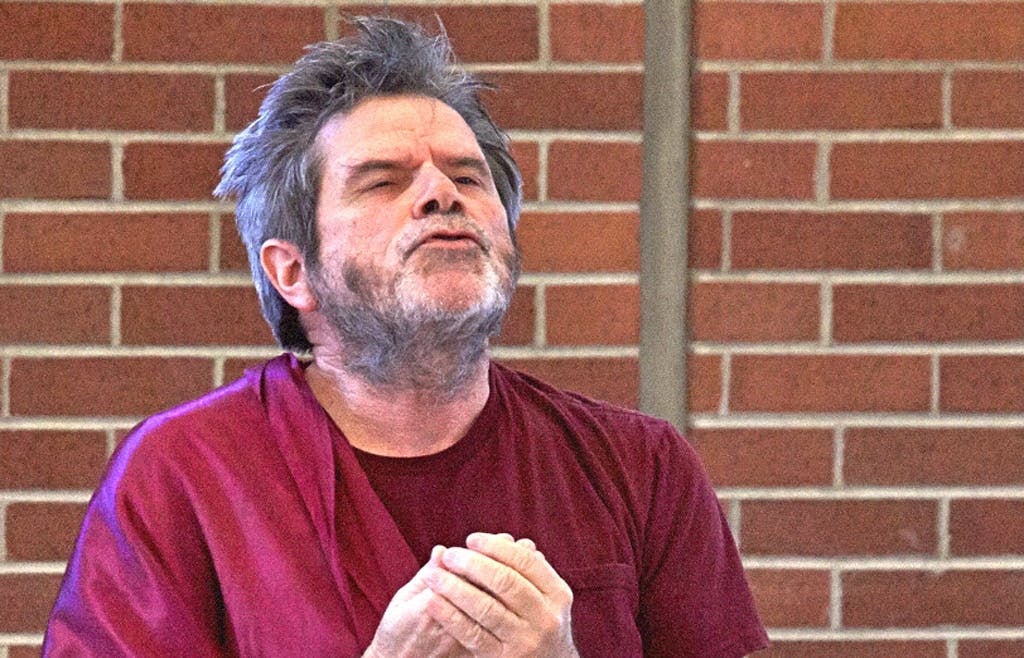Prof to Portray Ancient Greek Athenian Philosopher's Defense of His Life
Wilmington College’s Ron Rembert will portray the classical, Greek Athenian philosopher Socrates and his audience will serve as the jury when he reprises a performance he created nearly 30 years ago.
Rembert, professor of religion and philosophy, will present a one-man show featuring ancient dialogue from Plato’s The Apology in two appearances, March 26, from noon to 1 p.m., and March 27, from 7:30 to 9 p.m., in the McCoy Room of Kelly Center.
While the noon hour performance is geared for his philosophy students and faculty/staff colleagues during the lunch hour, the public can attend either. The lengthier evening show includes a discussion period.
Rembert created the show as a result of a Texas Humanities Council grant while teaching at Texas Wesleyan University in the 1980s. He first performed The Apology at WC during his first year on the faculty in 1989.
He said the use of the word “apology” in this sense refers to a defense of one’s actions rather than a statement of remorse or petition for forgiveness. Plato, one of Socrates’ students, wrote The Apology, which is believed to be an accurate account of what Socrates said at his trial.
“It’s Plato’s words put into the mouth of Socrates. It’s Socrates’ defense of his life as a philosopher,” he said. “I want my students to hear the words of Plato in our own time and place — the text still has meaning for us.
“It’s meant to be an educational experience, not just entertaining.”
The audience will have an opportunity to play the jury as Socrates defends his life against the backdrop of potentially being put to death if found guilty.
Rembert noted that, through the dramatization, the audience will encounter challenging questions Socrates raised in the streets of Athens, ones that remain issues for us today: Can virtue be taught? Are there any teachers of virtue in our community? What is wisdom? Is a role model responsible for the actions of followers?
Even the verdict in Socrates’ trial in Athens in 399 B.C. raised philosophical questions. The 500 jurors found Socrates guilty by a count of 280 to 220, yet the jurors upheld the death penalty by a vote of 360 to 140. What explains the difference between these two votes?
